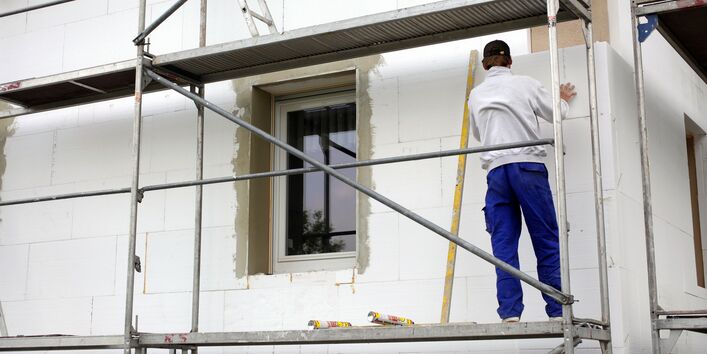Germany still world's lead exporter of environmental protection goods
Environmental protection continues to be a significant economic factor in Germany's economy, says the latest report by the German Environment Agency (UBA) on the environmental industry. The report also says that environmental protection goods with a value of almost 82 billion euros were produced in 2013 – six percent of Germany's total industrial production. German companies are quite competitive compared to international competitors: Germany had a proportion of 14.8% of world trade in 2013, once again making the country the largest exporter of environmental protection goods such as air filters, insulation materials or smart meters to control energy consumption.
President Maria Krautzberger of the German Environment Agency said, "Environmental protection goods and technologies made in Germany are in demand everywhere in the world and in all sectors. And that demand is growing, primarily in emerging countries in South America and Asia (and China in particular). Germany's economy benefits greatly from this. As a result of the Paris Agreement on climate change, global demand for climate protection goods like wind power stations will increase. However, the competition won't rest, which is why Germany needs more ambitious environmental policy to secure the international competitiveness of its environmental industry in the long term. It won't be enough to fully implement EU regulations. Germany must more strongly promote the development of innovative technologies for environmental and climate protection, for example through funding for research, but also by establishing the right economic conditions. It is important in this respect that subsidies that are harmful to the environment be phased out."
German companies exported environmental protection goods worth 50.3 billion euros in 2013, or nearly five percent of total German manufactured exports. The area of measurement, control and regulation technology has traditionally been strongly competitive in Germany's industry, as are waste and wastewater technologies. However, international competitive pressure is growing: China's share of global trade in environmental protection goods has tripled over the last decade. Production in Germany's solar power industry collapsed by more than 50 percent in 2013, which was offset only somewhat by growth in areas such as wind power, wastewater treatment and measurement, control and regulation technology. In sum, production of environmental protection goods declined overall by 85 billion euros in 2011 to 82 billion euros in 2013.
Information on the development and competitiveness of the environmental industry is published and updated by the German Environment Agency at two-year intervals.
